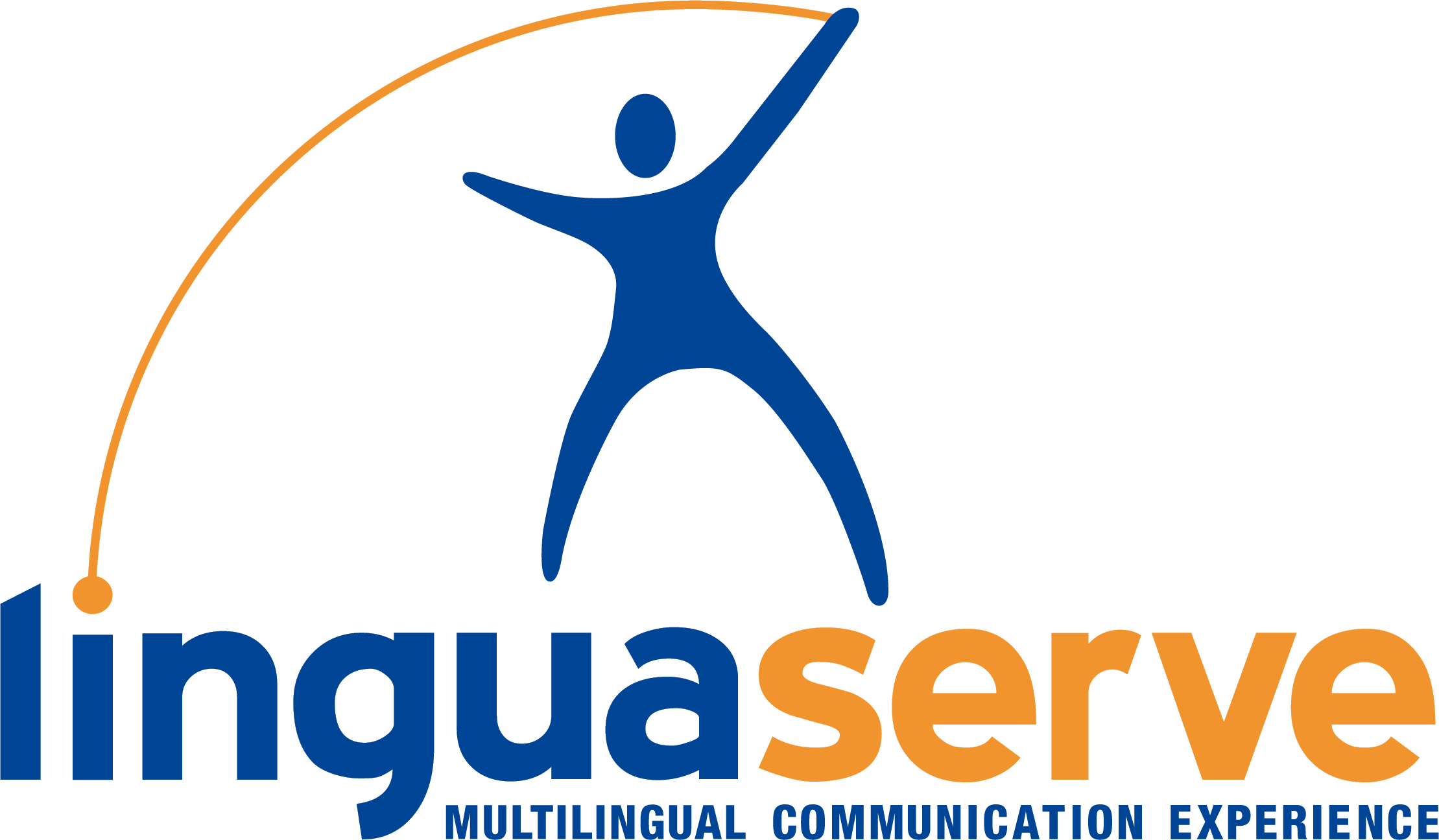Any expert in translation and interpretation understands the importance of simultaneous interpretation. This service is necessary in situations where immediacy is paramount; in other words, where there is a palpable and instantaneous interaction between the speaker and the listener(s) or where a certain speed in translation is required. This technique normally takes place in a soundproof cabin and requires technical resources like microphones, headsets, or wireless transmitters to assist the professional.
Four scenarios where simultaneous interpretation is needed
A good short-term memory, selective attention, and strong concentration are some of the skills needed by experts in simultaneous interpretation. Do you want to know when you might need their skills? Then, pay close attention.
1. TELEVISION INTERVIEWS OR DEBATES
Who hasn’t seen a television program where they interview an actor, singer, or director who doesn’t speak English? While it does happen every once in a while, you may find that consecutive interpretation can be quite cumbersome and sacrifices dynamism, as the interpreter has to wait for the speaker to finish talking before summarizing what was said.
In these cases, as well as when live events are rebroadcasted, like the Oscars, debates, or international sporting competitions, simultaneous interpretation is preferred over consecutive interpretation. This technique also gives the proceedings a certain freshness.
2. LEGAL PROCEEDINGS AT AN INTERNATIONAL LEVEL
Have you ever heard of the Nuremberg trials? These legal proceedings held after World War II employed simultaneous interpretation, as this technique is fundamental whenever a large number of people who speak different languages are involved. It is the only way to guarantee complete understanding on the part of the defendants, lawyers, and prosecutors, as well as greater precision during their statements.
While it isn’t needed very often in Spain, there are a few notable cases. The trials following the terrorist attack on March 11, 2004 used Arabic and Berber interpreters as part of this system to ensure all parties could be understood without any major difficulties.
Currently, it is practiced frequently in the International Criminal Court in The Hague.
3. CONGRESSES, FAIRS, AND CONFERENCES
These are perhaps the most well-known cases. Experts from all over the world participate in these types of events, meaning that the languages used are not exclusively Spanish, English, and French. We are now seeing Chinese, Japanese, and Arabic used more and more. In any case, simultaneous interpretation allows spectators to concentrate on and successfully understand speeches and lectures without unnecessarily prolonging their length. Accordingly, whenever an organization uses this service, attendees and participants can appreciate the professionalism it bestows on the event.
4. HIGH-LEVEL MEETINGS AND GENERAL SHAREHOLDERS MEETINGS
This type of translation is also considered especially useful in a company’s international relationships with foreign collaborators. It is also a valued resource during meetings within the same company; for example, when a general shareholders meeting has members from different backgrounds.
As you can see, with the help of experts in simultaneous translation, you will succeed in your meetings with international clients; everything will work out fine in the seminar you’re set to organize with foreign speakers; and your interview with that celebrity will delight your audience. If you find yourself in any of these situations, place your trust in the multilingual communication services of Linguaserve. We will be delighted to assist you!







